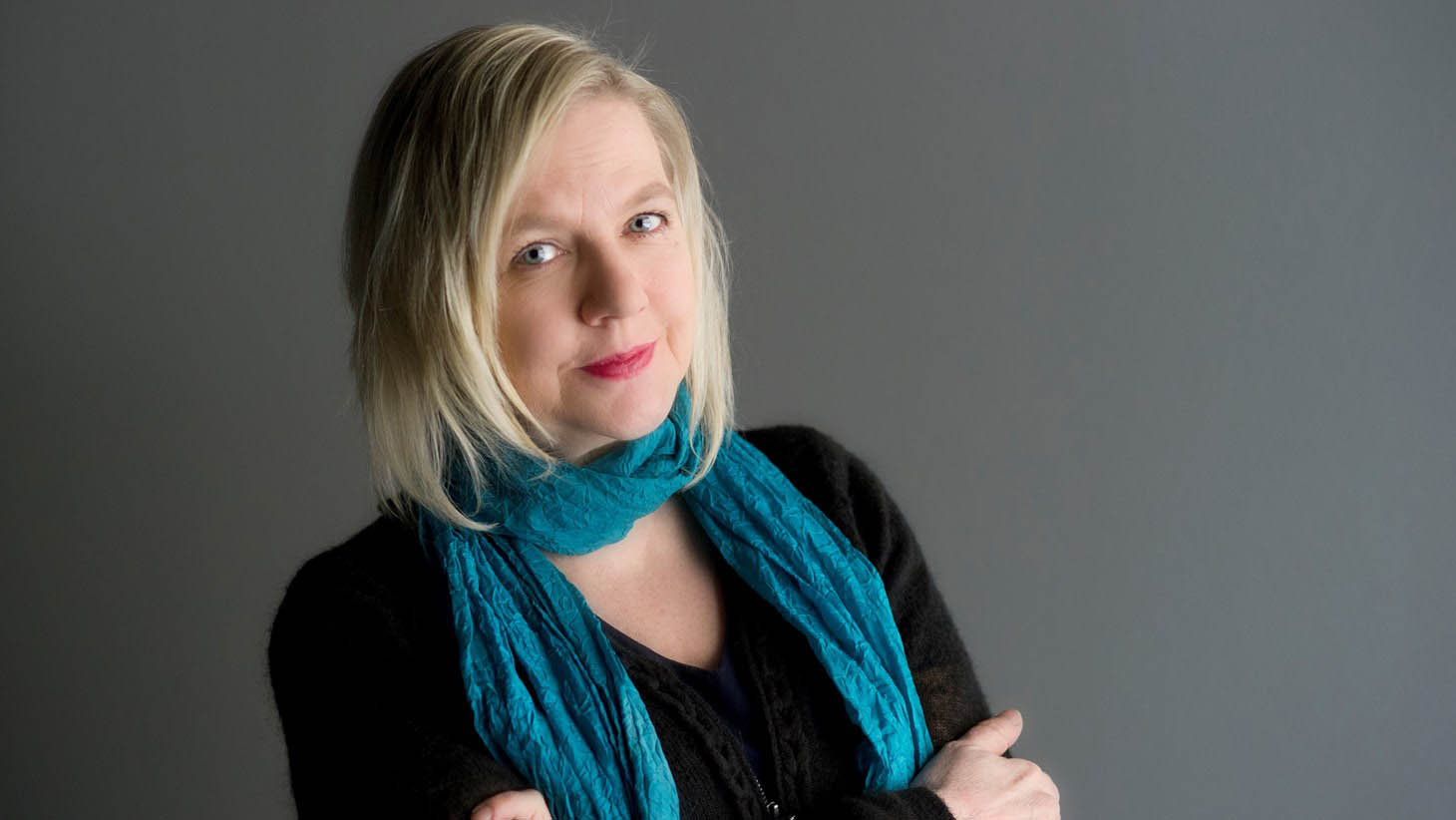Nordisk Film & TV Fond CEO Liselott Forsman on 2020, a Record Budget, Growth
By Jamie Lang
LOS ANGELES (Variety.com) – The Nordisk Film & TV Fond is celebrating its 30th anniversary with a new CEO at the helm: Writer, producer and chair of the EBU Fiction Expert Group Liselott Forsman.
This week, the executive heads to the Göteborg Film Festival as one of the event’s key figures. There, she will preside the Prize ceremony and introduce this year’s jury: Actor Moa Gammel (“Let the Right One In,” “Jordskott”), actor Jakob Oftebro (“Kon-Tiki,” “1864”) journalist Cecilie Asker of Norway’s Aftenposten, and producer-director Dariusz Jablonski. Five Nordic drama series will compete for this year’s prize of NOK 200,000 ($22,000).
Earlier this month, Forseman outlined her vision for the upcoming year in a state of the union style letter published in the Nordisk Film & TV Fond Newsletter. The fund’s primary mandate is to support and promote high-end film and TV productions across Nordic territories through the distribution of financing for features, TV fiction, and documentaries, but as she pointed out, their work also includes aiding and improving exhibition, consultation, marketing and more.
Last year, the Fund’s largest-ever documentary support was given to Danish production “Scandinavian Star” while record film support went to SF Studios’ fiction period drama “Margrete – Queen of Denmark.” 2020 is likely to see similar output, with the fund boasting a record high budget of NOK 127 million ($12.8 million), up from last year’s total of NOK 97.75 million ($11.4 million).
In the letter she also noted the Fond now has 22 collaborating partners including newcomers NENT Group, C More Entertainment, Norway’s VGTV and Iceland’s Síminn.
Ahead of the festival, Liselott discussed the coming year with Variety, where the fund will focus its efforts, improving the exhibition experience for audiences, and what sets local Nordik platforms apart from larger international services.
With this year’s record budget, do you hope to finance more projects, or bigger budget projects, or a mix of both?
With new partners in 2020 the number of applications will surely grow. We will keep the number of supports intact, but also enable some variety in amounts to better enable top projects, the uniqueness of which will enrich the whole region by strengthening the Nordic brand.
Outside of production, can you share other areas you want to focus your efforts? You’ve talked about exhibition, what about marketing, festivals or other live events?
We want to look at content and business matters behind statistics. What really makes a Nordic film touch young Nordic adults today? What rights knowledge is a must on global markets? How can we support writing processes and help documentaries travel?
Another area the fund focuses outside of production is working with local platforms. What are some things local Nordic platforms must do to maintain competitiveness against the big internationals?
In the Nordics we have a long tradition of collaboration. Our territory is not too big, we share history and democratic principles, and yet we still differ from one another. Our strength is that we are in constant dialogue. We are ready to share challenges and solutions – to be strong together.
What do you see as the major growth areas for Nordic production?
There has been well deserved focus on the high quality of Nordic series. Now many discussions around new creative ways of Nordic film industry, promise an upcoming good film buzz. Short format series are becoming a good new space for upcoming talents to test their own voices.
Are there any specific upcoming productions the Fond has backed that you’d like to talk about?
As we celebrate our 30 years, I want to mention Lars von Trier’s “The Kingdom” (1994) as an industry changing series that the fund wisely supported 26 years ago. In 2020 eye-catchers will be deep investigations into reality like the doc series “Scandinavian Star,” deeply humane films like “Hope,” premiering soon at Berlin, and internationally co-produced big series like “Atlantic Crossing” with series icons Kyle MacLachlan (“Twin Peaks”) and Sofie Helin (“The Bridge”) helping us understand our European recent history better.

